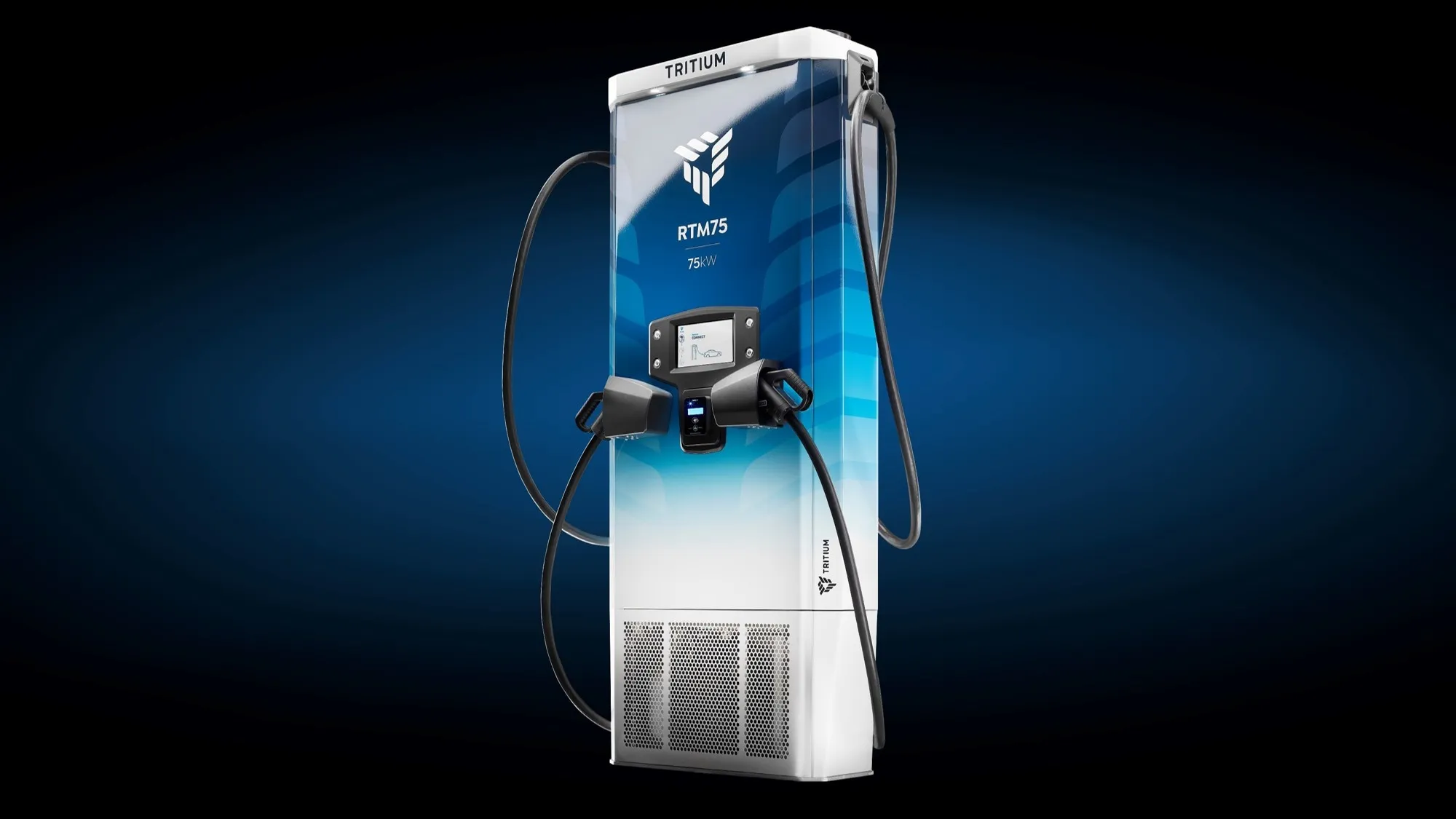Small buses owned by Tokyo's Minato Ward, in Japan, will be retrofitted by with new motors and lithium-ion cells developed by electronics major Toshiba. In fiscal 2013, the Ward aims to start full operations of the electric-powered buses and conduct pilot runs by end-fiscal 2012. The Ward intends to deploy the buses for short journeys in housing locations, as the buses need to be recharged after a trip about 12km in a bid to maintain the battery level higher than 50 per cent. At this level of battery status
May 1, 2012
Read time: 1 min
Small buses owned by Tokyo's Minato Ward, in Japan, will be retrofitted by with new motors and lithium-ion cells developed by electronics major 5392 Toshiba. In fiscal 2013, the Ward aims to start full operations of the electric-powered buses and conduct pilot runs by end-fiscal 2012.
The Ward intends to deploy the buses for short journeys in housing locations, as the buses need to be recharged after a trip about 12km in a bid to maintain the battery level higher than 50 per cent. At this level of battery status, the buses only require five minutes of charging time, which is a quarter of time needed with regular lithium-ion battery.
The Ward intends to deploy the buses for short journeys in housing locations, as the buses need to be recharged after a trip about 12km in a bid to maintain the battery level higher than 50 per cent. At this level of battery status, the buses only require five minutes of charging time, which is a quarter of time needed with regular lithium-ion battery.








